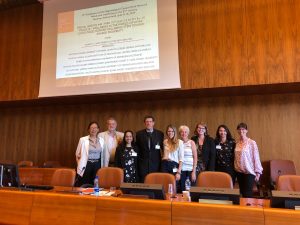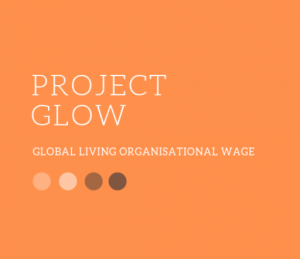Authored by Anna Kallschmidt on behalf of Prof. Rosalind Searle, Drs. Ishbel McWha-Hermann, Mahima Saxena, Bimal Arora, Divya Jyoti, Christian Seubert, Lisa Hopfgarner, and Jürgen Glaser
As with most events in 2020, SIOP 2020 was a little different this year. The umbrella organization of industrial-organizational psychologists hosted its annual conference virtually this year, in order to support the spread of science without COVID-19. While our efforts to end poverty and world hunger at Project GLOW have always been imperative, the modern pandemic has shed painfully harsh light on these inequalities. Thus, Project GLOW’s panel session “Siop Select: Living Wage, Workplace Well-Being: Contributions From Project GLOW”, was even more relevant than ever.
Continue reading SIOP 2020 Acknowledges Project GLOW’s Contributions on Living Wages and Workplace Well-Being
